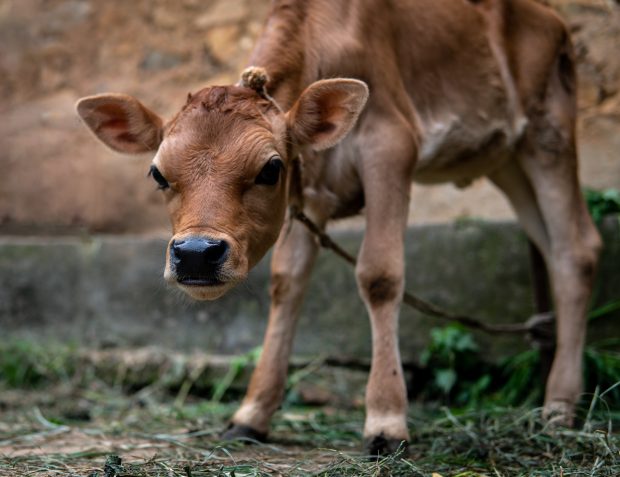- Kristen A. Stilt, PhD, Harvard Law School – Inaugural Lecture in Animal Rights Law & Policy: “Islamic Conceptions of Animal Rights” (March 10, 2020)
ASRI Distinguished Lecture Series:

- Dale Jamieson, PhD, New York University: “How to Think about Wild Animal Suffering” (February 3, 2020)
- Radhika Govindrajan, PhD, University of Washington: “Animal Intimacies: Interspecies Relatedness in India’s Central Himalayas” (Jan. 23, 2020)
- Charlotte Blattner, PhD, Harvard Law School: “Climate Emergency, Migration Crisis, and Interspecies Resilience” (Nov. 14, 2019)
- Kathryn Gillespie, PhD: “The Cow with Ear Tag #1389 and Other Stories from the Farmed Animal Auction Yard” (Oct. 16, 2019)
- Dinesh Wadiwel, PhD, University of Sydney: “Antagonism or Solidarity? Humans, Animals and Labour Time in Marx’s Capital” (Oct. 1, 2019)
Faculty of Law Inaugural Lecture in Animal Rights, Law, and Policy
Islamic Conceptions of Animal Rights
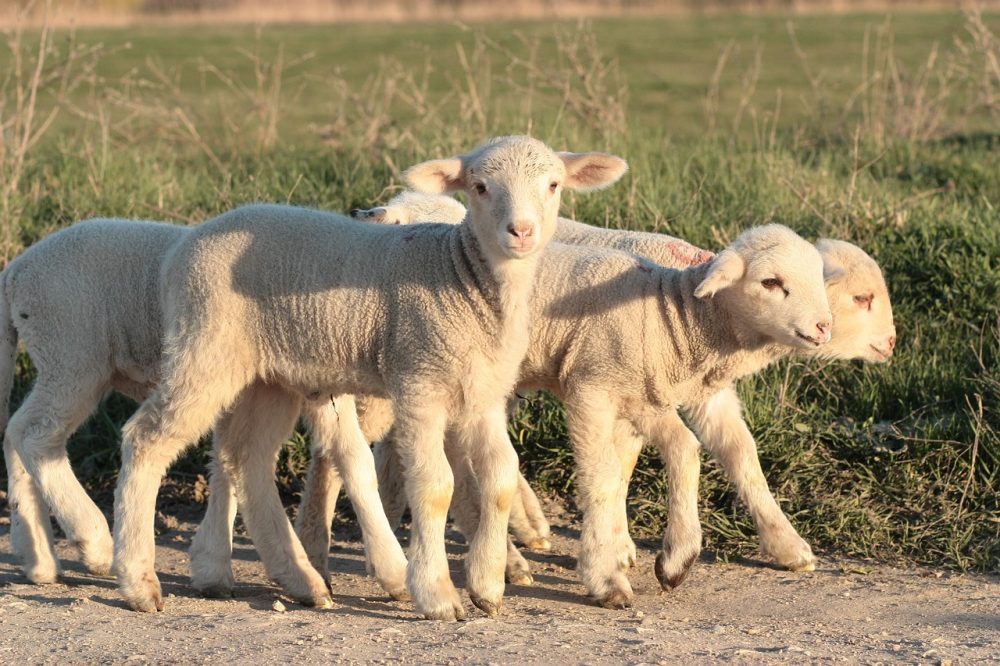
- Tuesday, March 10th, 12:30 – 1:20 p.m., FRA #157
- Lecture transmitted live from Harvard Law School
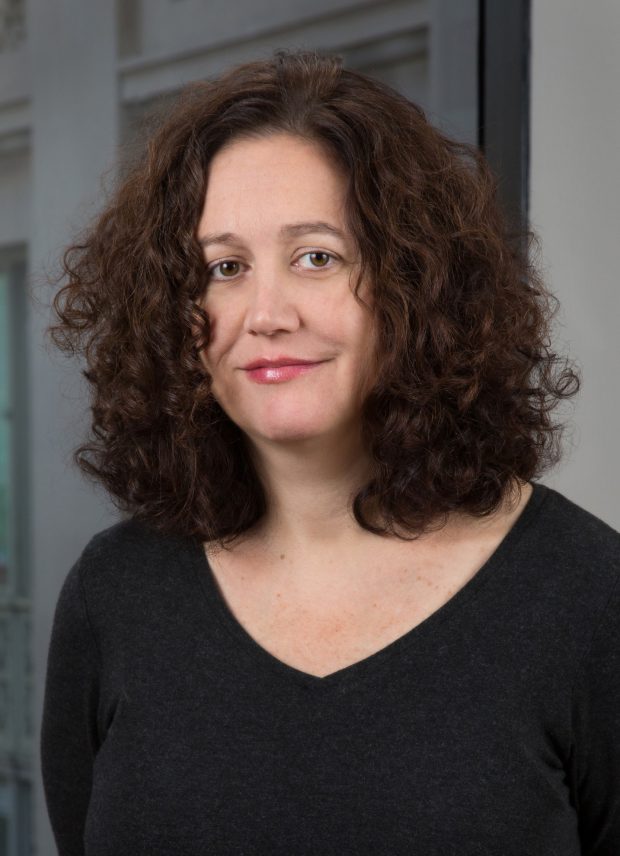 “What are Islamic conceptions of animal rights?”This lecture will show that Islamic law does recognize that animals have interests, but this recognition is not uniform for all animals and in all contexts. In some cases, the interest looks something like a right, while in others, the interest is one of welfare. Contemporary advocates can draw upon the Islamic legal tradition to advance the cause of animal rights, but in doing so, will need use creative methodologies to prompt the re-thinking of entrenched positions.
“What are Islamic conceptions of animal rights?”This lecture will show that Islamic law does recognize that animals have interests, but this recognition is not uniform for all animals and in all contexts. In some cases, the interest looks something like a right, while in others, the interest is one of welfare. Contemporary advocates can draw upon the Islamic legal tradition to advance the cause of animal rights, but in doing so, will need use creative methodologies to prompt the re-thinking of entrenched positions.
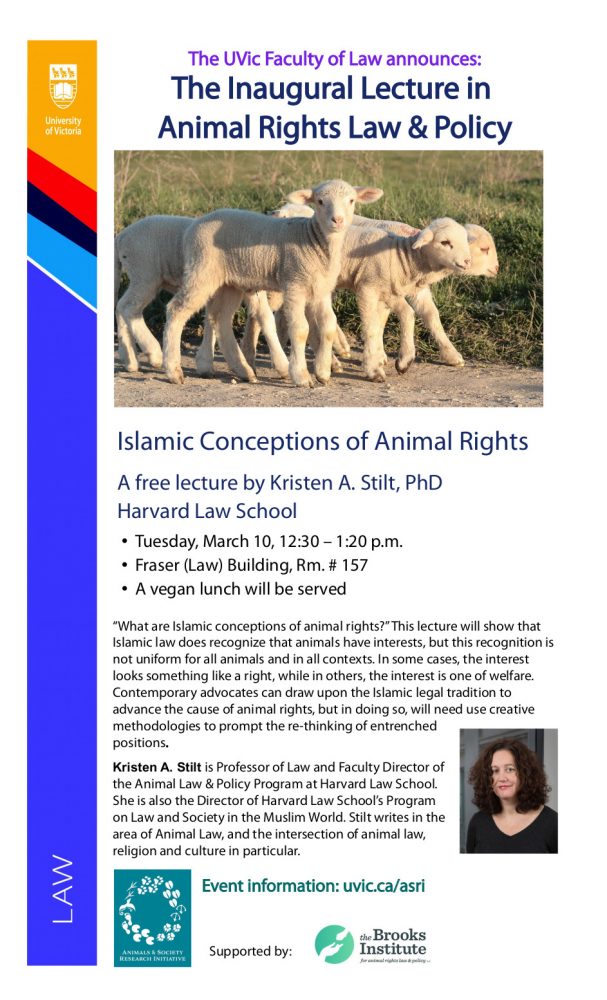 Kristen A. Stilt, PhD is Professor of Law and Faculty Director of the Animal Law & Policy Program at Harvard Law School. She is also the Director of Harvard Law School’s Program on Law and Society in the Muslim World. Stilt writes in the area of Animal Law, and the intersection of animal law, religion and culture in particular.
Kristen A. Stilt, PhD is Professor of Law and Faculty Director of the Animal Law & Policy Program at Harvard Law School. She is also the Director of Harvard Law School’s Program on Law and Society in the Muslim World. Stilt writes in the area of Animal Law, and the intersection of animal law, religion and culture in particular.
Download Event Poster:
How to Think about Wild Animal Suffering
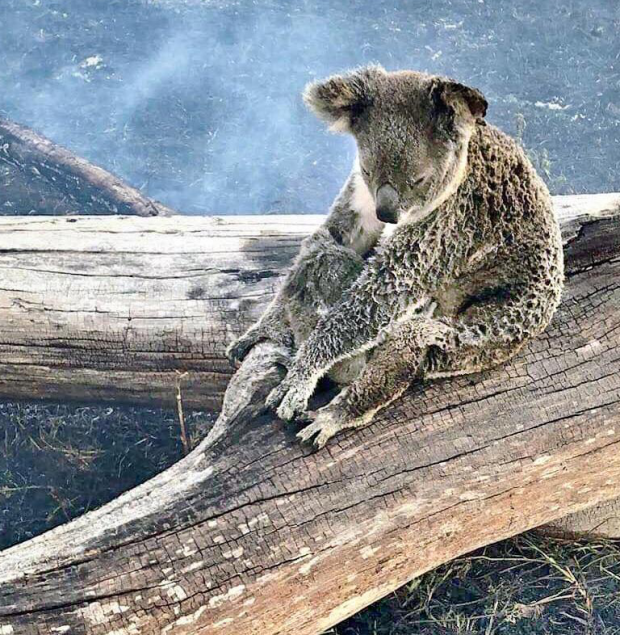
- Monday, February 3rd, 4:00 – 5:20 p.m. (DSB, #C126)
- A free lecture by Dale Jamieson, PhD
- Professor of Environmental Studies and Philosophy, New York University
- Director of the Animal Studies Initiative, NYU
- Founding Director, Centre for Environmental and Animal Protection (CEAP)
- Author of Reason in a Dark Time: Why the Struggle to Stop Climate Change Failed – and What It Means For Our Future (Oxford, 2014).
It has been widely reported that more than a billion animals have been killed in Australia in the fires that have been raging since late last year. The Australian grandmother who risked her life to save a Koala from a burning tree is widely seen as a hero. Yet in the normal course of events billions of animals die every day (including about 150 million for food). Are we obliged to do what we can to save them all? The logic of at least some animal protection philosophies seems to say “yes:” We should eliminate suffering whenever and wherever we can, whether it is caused by human action, by the predation of one animal on another, or by the impersonal workings of nature. But to many environmentalists and others, this vision of “policing nature” seems mad or worse. Questions about wild animal suffering not only threaten to disrupt alliances between animal protectionists and environmentalists, but go to the very heart of what it is to be human living in a natural world. While I do not purport to provide the correct answers to the many questions in this area, I do hope to clarify some of the issues and contribute to thinking clearly about them.
 Dale Jamieson is Professor of Environmental Studies and Philosophy, Affiliated Professor of Law, Affiliated Professor of Medical Ethics, Director of the Center for Environmental and Animal Protection, and Affiliated Professor of Bioethics. His most recent books are Discerning Experts: The Practices of Scientific Assessment for Environmental Policy (Chicago, 2019, with Michael Oppenheimer, Naomi Oreskes and others), Love in the Anthropocene (OR, 2015), a collection of short stories and essays with Bonnie Nadzam, and Reason in a Dark Time: Why the Struggle to Stop Climate Change Failed – and What It Means for Our Future (Oxford University Press, 2014).
Dale Jamieson is Professor of Environmental Studies and Philosophy, Affiliated Professor of Law, Affiliated Professor of Medical Ethics, Director of the Center for Environmental and Animal Protection, and Affiliated Professor of Bioethics. His most recent books are Discerning Experts: The Practices of Scientific Assessment for Environmental Policy (Chicago, 2019, with Michael Oppenheimer, Naomi Oreskes and others), Love in the Anthropocene (OR, 2015), a collection of short stories and essays with Bonnie Nadzam, and Reason in a Dark Time: Why the Struggle to Stop Climate Change Failed – and What It Means for Our Future (Oxford University Press, 2014).
Download poster here:
Watch the Video
Animal Intimacies:
Interspecies Relatedness in India’s Central Himalayas

- Thursday, January 23rd, 11:45 a.m. – 1:15 p.m., DSB, Rm. # C126
- A free lecture by Radhika Govindrajan, PhD
- Dept. of Anthropology, University of Washington
Animal Intimacies tells stories of how moments of everyday entanglement between the individual human and nonhuman animals whose lives crisscross one another’s in the mountain villages of India’s Central Himalayan region produce an intense and intimate sense of “relatedness” between them. The book situates discussions of multispecies relatedness in the broader context of biodiversity conservation, agrarian decline, the rise of a violent Hindu extremism that has focused on defining the “correct” Hindu way to live ethically with animals, and a regional political movement that seeks to preserve and promote a pahari (mountain) way of life for the human and nonhuman residents of this region.
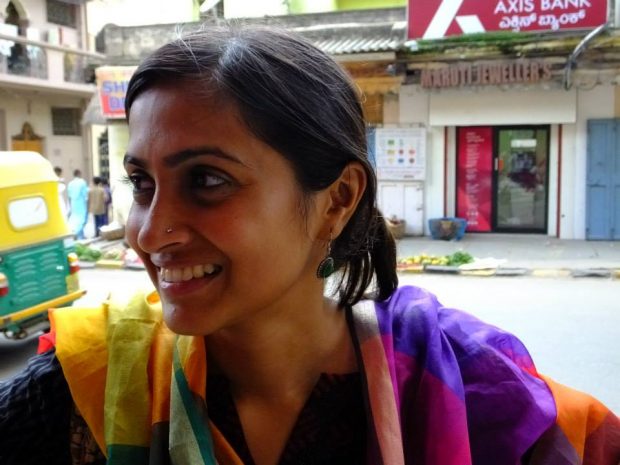 Radhika Govindrajan is an Associate Professor of Anthropology at the University of Washington. Her book, Animal Intimacies: Interspecies Relatedness in India’s Central Himalayas, was published by the University of Chicago Press in 2018 and Penguin India in 2019. It was awarded the 2019 Gregory Bateson Award by the American Anthropological Association and the 2017 Edward Cameron Dimock Prize in the Indian Humanities by the American Institute of Indian Studies.
Radhika Govindrajan is an Associate Professor of Anthropology at the University of Washington. Her book, Animal Intimacies: Interspecies Relatedness in India’s Central Himalayas, was published by the University of Chicago Press in 2018 and Penguin India in 2019. It was awarded the 2019 Gregory Bateson Award by the American Anthropological Association and the 2017 Edward Cameron Dimock Prize in the Indian Humanities by the American Institute of Indian Studies.
(lecture not recorded by request)
Download poster here.
Climate Emergency, Migration Crisis, and Interspecies Resilience
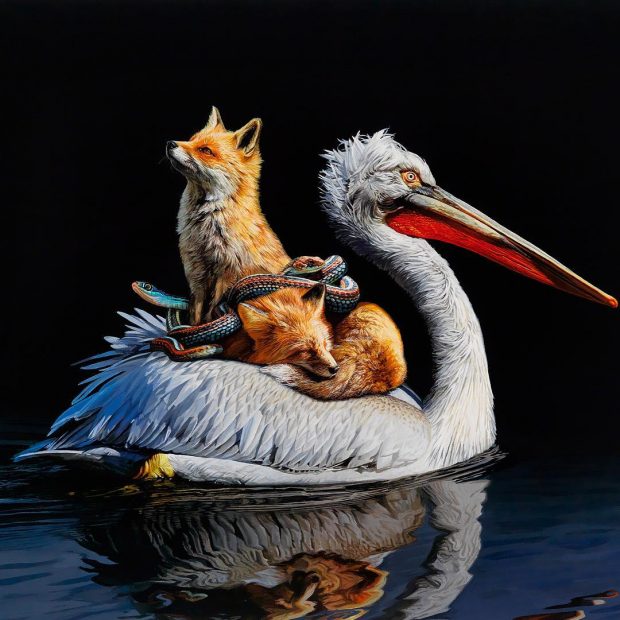
- Thursday, November 14, 2019, 12:30 – 1:20 p.m., FRA #158
- Charlotte Blattner, PhD
- Harvard Law School, Animal Law & Policy Program
Human and animal migration are thought to take place in wholly different legal worlds, subject to distinct socio-political spheres of knowledge. To think otherwise would be to lump together marginalized people with animals, just as Trump did in May 2018: “These aren’t people, these are animals.” Human and animal migration, however, have much more in common than is typically assumed. This paper examines the definitions, demographics, and legal regulation of human and animal migration. Using a critical lens, it shows how the law subjects human and animal migrants to deregulation, illegalization, and securitization. In the coming years, this situation will be exacerbated – factually, politically, legally – due to climate change: Entire populations of humans and animals will migrate to the poles due to global warming, mounting environmental disasters, and steady sea level rise. This paper puts forward tentative policy goals and measures to avert a global migration crisis and build up interspecies resilience.
Charlotte Blattner, PhD  is a Postdoctoral Fellow at Harvard Law School, where she researches at the intersection of animal and environmental law. From 2017-2018, she completed the Postdoctoral Fellowship for Animal Studies at the Department of Philosophy at Queen’s University, focusing on issues of animal labour. She earned her PhD in Law from the University of Basel, Switzerland, as part of the doctoral program “Law and Animals.” Her works include Protecting Animals Within and Across Borders (OUP, 2019) and Animal Labour: A New Frontier of Interspecies Justice? (OUP, in press), co-edited with Will Kymlicka and Kendra Coulter.
is a Postdoctoral Fellow at Harvard Law School, where she researches at the intersection of animal and environmental law. From 2017-2018, she completed the Postdoctoral Fellowship for Animal Studies at the Department of Philosophy at Queen’s University, focusing on issues of animal labour. She earned her PhD in Law from the University of Basel, Switzerland, as part of the doctoral program “Law and Animals.” Her works include Protecting Animals Within and Across Borders (OUP, 2019) and Animal Labour: A New Frontier of Interspecies Justice? (OUP, in press), co-edited with Will Kymlicka and Kendra Coulter.
Watch the Video
Download lecture poster
“The Cow with Ear Tag #1389
and Other Stories from the Farmed Animal Auction Yard”
- October 16, 2019, 4:30 – 5:20 p.m., FRA #157
- Kathryn Gillespie, PhD
How do cows raised for dairy become commodities? What does it mean for a living being to be commodified? And how are geographic spaces involved in the production and maintenance of these commodified lives? This talk takes us to the farmed animal auction yard – a mundane, everyday space that circulates living ‘dairy cows’ as capital – to witness moments in the lives of cows who pass through the auction ring. Sharing the stories of individual animals at auction, alongside a geographic analysis of the logics that govern the auction yard (and ultimately, the dairy industry), cracks open a window to understanding what is at stake for the cows themselves in being instrumentalized for dairy production.
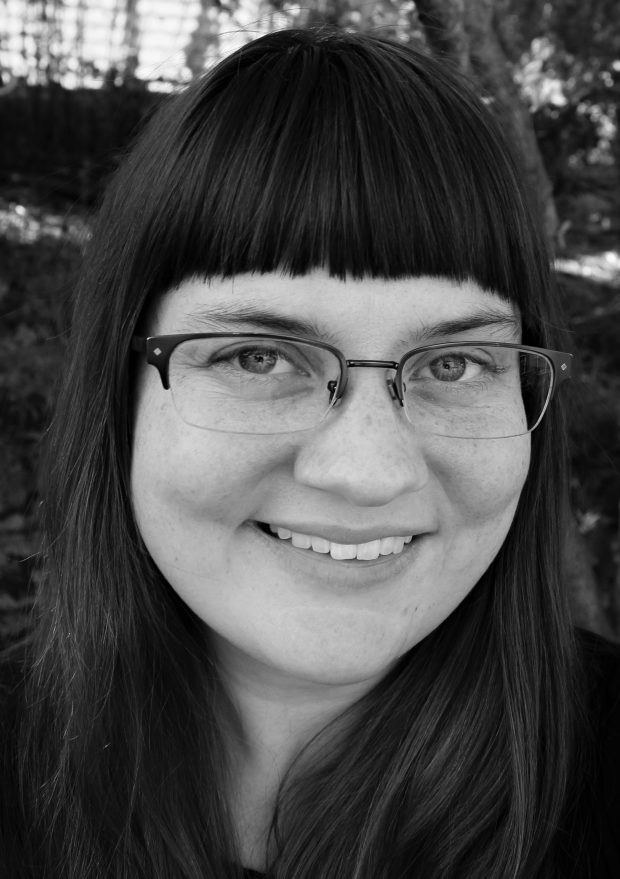
Kathryn Gillespie, PhD is a writer, feminist geographer, and critical animal studies scholar. She is the author of The Cow with Ear Tag #1389, a book about the lives of cows in the US dairy industry. She is co-editor of Vulnerable Witness: The Politics of Grief in the Field; Critical Animal Geographies: Politics, Intersections and Hierarchies in a Multispecies World; and Economies of Death: Economic Logics of Killable Life and Grievable Death. Her current work focuses on the entanglements of anthropocentrism and racialization under capitalism.
Watch the Video

“Antagonism or Solidarity? Humans, Animals and Labour Time in Marx’s Capital“
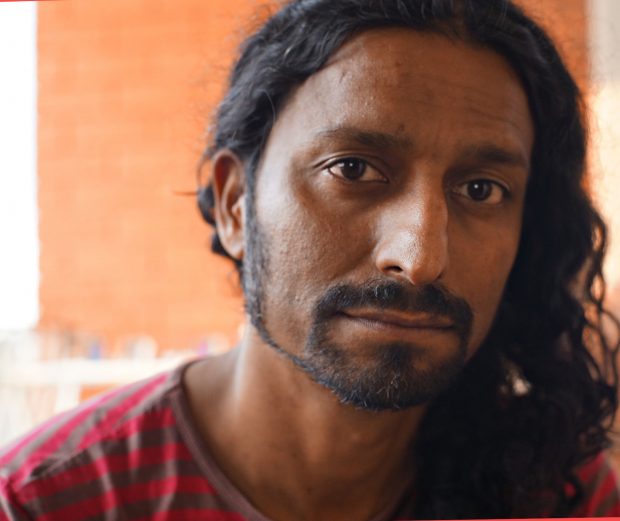
- October 1, 2019, 12:30 – 1:20 p.m., FRA #157
- Dinesh Wadiwel, PhD, University of Sydney
- Senior Lecturer, School of Social and Political Sciences, University of Sydney
- Author of The War against Animals (Brill)
Antagonism of interests is central to the drama of Marx’s account of capitalism. The theory of exploitation Marx advances in Capital depends upon a clash of interests between workers and the prevailing economic system. In many respects, the labour of animals under capitalism is marked by similar and complex antagonisms, many of which involve a confrontation between human and non human interests. These antagonisms would pose a challenge for imagining how animal advocates could work with anti-capitalist social movements. However, in this talk I will argue that reduction in labour time is one area where shared goals might be possible. I will speculate on a shared vision for reduction in labour time for humans and animals and will explore how such a solidarity might produce a different framing for our understanding of capitalism as a system of domination.
Dr. Dinesh Wadiwel is Senior Lecturer in the School of Social and Political Sciences, The University of Sydney. He is author of the monograph The War against Animals (Brill, 2015) and co-editor, with Matthew Chrulew of the collection Foucault and Animals (Brill). Dinesh is convener of the Human Animal Research Network at the University of Sydney, and is currently completing a book manuscript on animals and capitalism.
Watch the Video
Other Events: The Institute for Human-Animal Connection (University of Denver) presents:
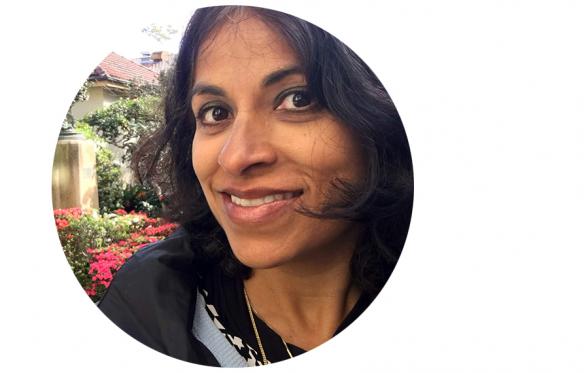 Educating Human Children about Animal and Other Alterity: A critical foundation for moving toward a plant-based and more compassionate society
Educating Human Children about Animal and Other Alterity: A critical foundation for moving toward a plant-based and more compassionate society
- Maneesha Deckha, University of Victoria
- Dimensions of Humane Communities Lecture Series
- online lecture July 1st, 2020 (5:00 – 6:00 p.m. Mountain time)
For more information, visit the Dimensions of Humane Communities website

